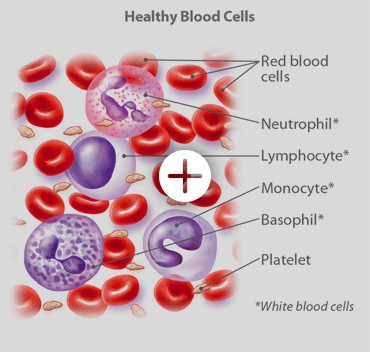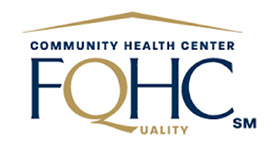AHL in the News, Events, News, Washington C.H.C, St. Tammany CHC Behavioral Health in Mandeville, St. Tammany CHC Behavioral Health in Slidell, Access Health Louisiana Primary Care at Pythian, Belle Chasse C.H.C, Kenner C.H.C., South Broad C.H.C, St. Bernard C.H.C., St. Charles – Norco C.H.C, St. Charles – Luling C.H.C, St. Tammany – Slidell C.H.C, Tangipahoa C.H.C, Woodworth C.H.C., Acadian Care – Hammond, Acadian Care – New Orleans
SEPTEMBER IS
BLOOD CANCER
AWARENESS MONTH
September is Blood Cancer Awareness Month
September is Blood Cancer Awareness Month – a focused time for advocates and supporters of The Leukemia & Lymphoma Society (LLS) to raise awareness both locally and nationally about our efforts to fight blood cancers including leukemia, lymphoma, myeloma and Hodgkin’s disease.
READ MORE ON AWARENESS
What are bone marrow and blood cancers?

Most blood cancers, also called hematologic cancers, start in the bone marrow, which is where blood is produced. Blood cancers occur when abnormal blood cells start growing out of control, interrupting the function of normal blood cells, which fight off infection and produce new blood cells.
Types of blood cancer
The three main types of blood and bone marrow cancer are leukemia, lymphoma and myeloma:
- Leukemia is a blood cancer that originates in the blood and bone marrow. It occurs when the body creates too many abnormal white blood cells and interferes with the bone marrow’s ability to make red blood cells and platelets.
- Non-Hodgkin lymphoma is a blood cancer that develops in the lymphatic system from cells called lymphocytes, a type of white blood cell that helps the body fight infections.
- Hodgkin lymphoma is a blood cancer that develops in the lymphatic system from cells called lymphocytes. Hodgkin lymphoma is characterized by the presence of an abnormal lymphocyte called the Reed-Sternberg cell.
- Multiple myeloma is a blood cancer that begins in the blood’s plasma cells, a type of white blood cell made in the bone marrow. Also, learn about the stages of multiple myeloma.
There are also less common forms of blood and bone marrow cancers, or associated disorders, including:
- Myelodysplastic syndromes (MDS): These are rare conditions that may result from damage to blood-forming cells in the bone marrow.
- Myeloproliferative neoplasms (MPNs): These rare blood cancers occur when the body overproduces white blood cells, red blood cells or platelets. The three main subcategories are essential thrombocythemia (ET), myelofibrosis (MF) and polycythemia vera (PV).
- Amyloidosis: This rare disorder, characterized by the buildup of an abnormal protein called amyloid, is not a form of cancer. But it is closely associated with multiple myeloma.
- Waldenstrom macroglobulinemia: This is a rare type of non-Hodgkin lymphoma that starts in B cells.
- Aplastic anemia: This rare condition occurs when key stem cells are damaged and can only be treated with a bone marrow transplant.
Blood cancer symptoms
Some common bone marrow and blood cancer symptoms include:
- Fever, chills
- Persistent fatigue, weakness
- Loss of appetite, nausea
- Unexplained weight loss
- Night sweats
- Bone/joint pain
- Abdominal discomfort
- Headaches
- Shortness of breath
- Frequent infections
- Itchy skin or skin rash
- Swollen lymph nodes in the neck, underarms or groin
Causes of blood cancer
All blood cancers are caused by mutations in the genetic material—the DNA—of blood cells. Other risk factors vary based on the specific type of blood cancer.
Risk factors for developing acute myeloid leukemia (AML), the most common form of leukemia in adults, include:
- Advancing age
- Gender: being male
- Exposure to industrial chemicals such as benzene
- Smoking
- History of cancer treatment
- Exposure to high doses of radiation
- History of other blood cancers
Risk factors for developing Hodgkin lymphoma include:
- History of infection with Epstein-Barr virus (EBV), which causes infectious mononucleosis (mono)
- Advancing age
- Gender: Being male
- Family history of Hodgkin lymphoma
- Compromised immune system
Risk factors for developing non-Hodgkin lymphoma include:
- Exposure to certain industrial chemicals, herbicides and insecticides
- History of chemotherapy
- Radiation exposure
- Compromised immune system
- History of autoimmune diseases such as rheumatoid arthritis or lupus
Risk factors for developing multiple myeloma include:
- Advancing age
- Gender: Being male
- Race: Higher risk among African-Americans
- Obesity or extra body weight

